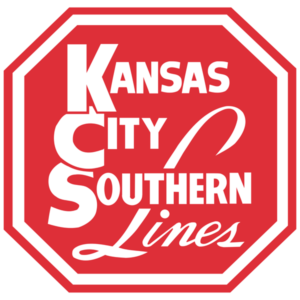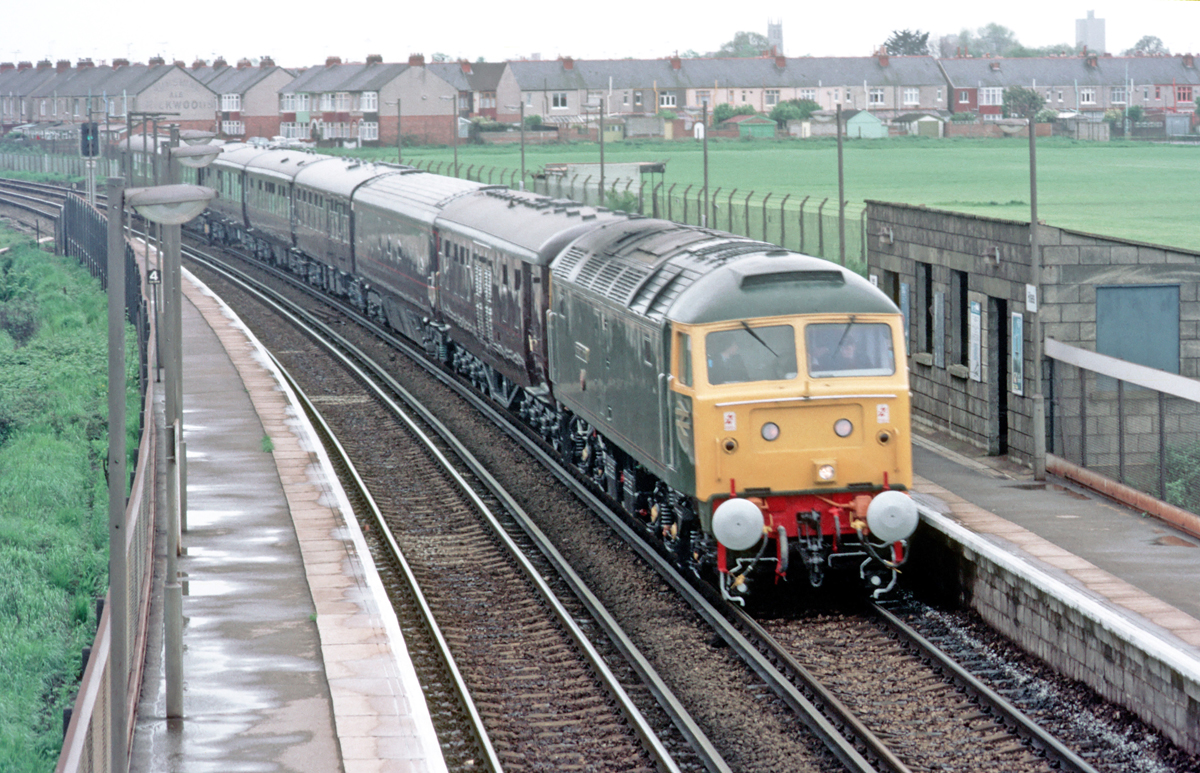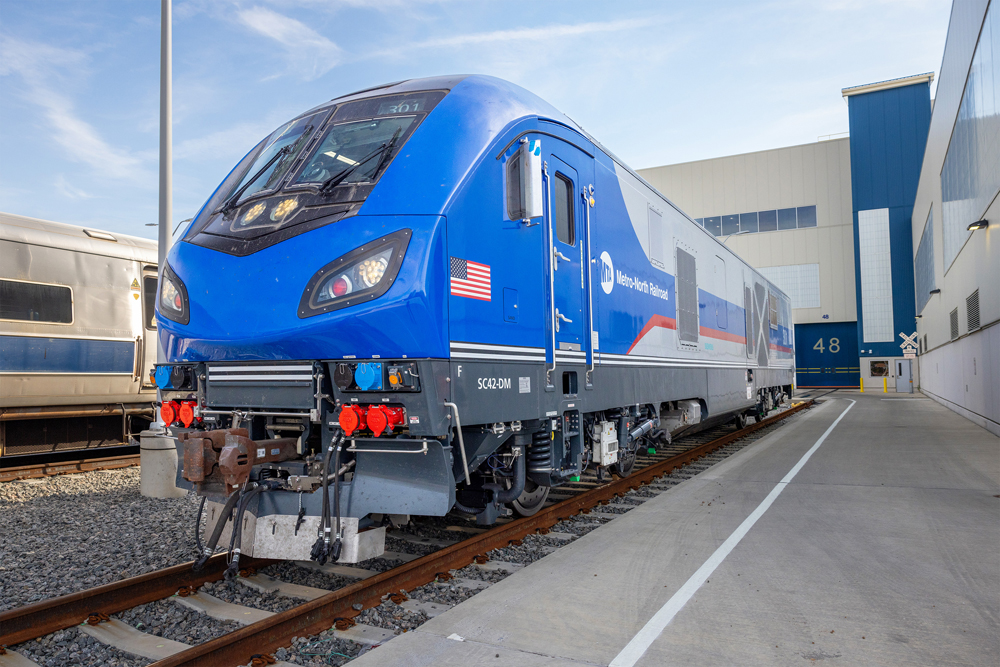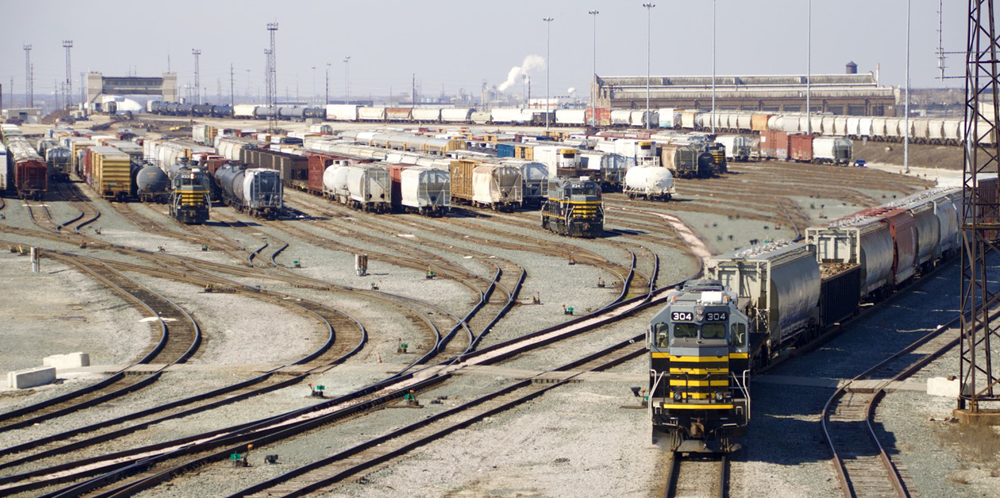 KANSAS CITY, Mo. — Kansas City Southern reinstated and boosted its outlook for the year as traffic volume has risen above pre-pandemic levels in recent weeks.
KANSAS CITY, Mo. — Kansas City Southern reinstated and boosted its outlook for the year as traffic volume has risen above pre-pandemic levels in recent weeks.
The railway, which reported improved earnings on Friday morning, says it now expects slightly higher earnings per share this year and its operating ratio to should improve to around 60% for the full year.
Despite the economic impact of COVID-19 and two hurricanes that hit its system on the Gulf Coast, KCS’s third quarter earnings rose slightly as cost-cutting measures overcame a 12% decline in revenue and a 4% pandemic-related decline in traffic volume, the railway reported.
Operating income declined 3.7%, to $271.5 million, as revenue sank 12%, to $659.6 million. Earnings per share, adjusted for the impact of one-time items, increased 1%.
The railway’s operating ratio improved 1.9 points to a record low 58.8% thanks to a 15% reduction in expenses.
CEO Pat Ottensmeyer says the railway’s performance was remarkable given the unprecedented 60% recovery in volume compared to the low point in May and two hurricane strikes. It was evidence, Ottensmeyer says, that KCS’s adoption of Precision Scheduled Railroading has made the company more resilient.
For the quarter, only two business segments — intermodal and chemicals and petroleum —posted volume gains compared to a year ago. Overall cross-border volume grew 10%.
Cross-border intermodal traffic grew 19%, propelling 2% growth in overall intermodal volumes.
Shipments of refined products from U.S. Gulf Coast refineries to destinations in Mexico surged 61% in the quarter. “When you think about it this is really quite impressive when you consider refined product demand remains soft as a result of the COVID 19 situation,” Chief Marketing Officer Mike Naatz says.
KCS is accelerating work on siding extensions and yard expansions designed to support the operation of longer trains, Chief Operating Officer Jeff Songer says.
The railroad continued to move its tonnage on fewer but longer trains, says Sameh Fahmy, executive vice president of precision scheduled railroading. Although volume was down 4%, crew starts were down 23%. Train length grew 16% and the active locomotive fleet declined 15%.
The railway is increasing its emphasis on trip plan compliance for its intermodal and carload traffic, Fahmy says, including improving train-to-train connections across its system.
KCS said it would accelerate repurchase of $500 million in shares this year as part of its previously approved $2 billion share buyback program.
Aiming to head off merger and acquisition questions, KCS executives told analysts on the earnings call that they would not comment on media reports that a pair of infrastructure funds were interested in acquiring the railway.












